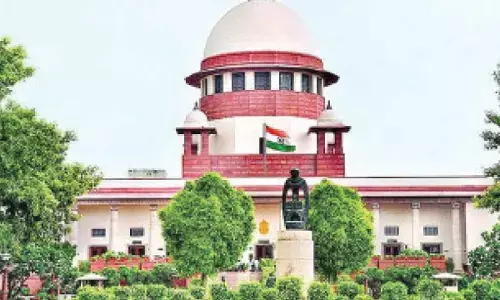What is a typical menstruation cycle?

What is a typical menstruation cycle?
Changes in lifestyle, or birth control methods, and certain medical conditions may influence your period
As we know Menstruation takes place when the uterus sheds its lining through the vagina. A typical menstrual cycle lasts from one to seven days; however, this duration varies from one woman to another. Periods may change throughout your lifetime; be it the timing, duration, and flow of periods and it can be extremely difficult to differentiate between normal and abnormal.
There is absolutely nothing wrong if your cycle is a couple of days longer or vice versa, but in case you are experiencing light or heavy periods all of sudden, then it may be an indication of hidden health conditions that you may not be aware of.
The period length of an adult
For an adult woman who does not use any form of birth control or IUD, a normal period length can be up to seven days.
The period length of an adolescent
A normal period length for a girl between 10-19, the length usually ranges from two to seven days, but may sometimes be longer or shorter.
Duration of your period - what is considered normal?
It is okay to have occasional fluctuations in periods but in case you bleed for more than 7 days then it is not normal. Apart from this if your period cycle lasts longer than 90 days or longer in a woman not getting hormonal treatment is abnormal.
Factors affecting the duration of your periods
Medical Conditions: Many medical conditions influence the length of your period. Be it a change in the thickness of the uterine lining or the number of blood vessels that play a key role in how many days your bleeding lasts. Conditions such as bleeding disorders or medications that thin the blood, PCOS, hypothyroidism, uterine cancer, endometriosis, ectopic pregnancy or miscarriage and pelvic inflammatory disease to name a few can affect your periods.
Another condition that is abnormal and many women experience is - Menorrhagia, which occurs when blood loss is greater than 80 mL per period.
To be precise, the menstrual flow of menorrhagia is extremely heavy; a woman with menorrhagia may need more than one sanitary napkin every one to two hours and may pass blood clots that are super thick in diameter.
Age: Women experience unpredictable bleeding patterns after the onset of the menstruation cycle during the adolescent age. One of the reasons could be because, during that age, most women don't start ovulating as your body may take some time to get it right.
But as you move towards the end of your menstruation years - in your 40s, you may experience irregular periods during the perimenopause stage. Your body is at a stage where estrogen production by the ovaries decreases which leads to a lower buildup of the uterine lining ultimately resulting in lighter and shorter periods, in addition to irregular periods.
Birth Control: Birth control highly affects the duration of your period. Combined hormonal contraceptives may influence your period length differently as compared to progesterone-only hormonal contraception. The results of birth control are shorter periods and lighter flow. This may be because the hormones in the birth control pill dominate the hormones produced by your ovaries.
Periods can fluctuate in cycles where ovulation doesn't occur; there is a small range of what is considered normal in terms of duration and frequency. But what's important is to monitor these changes and speak to your gynaecologist about these conditions.














